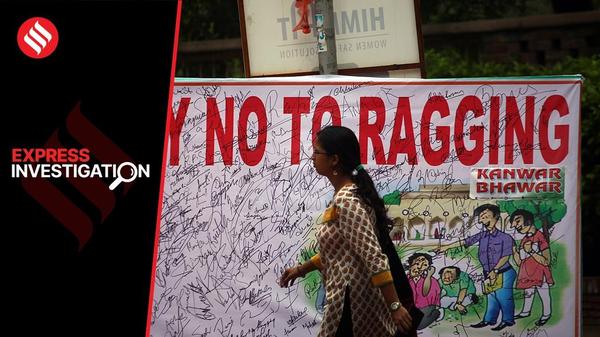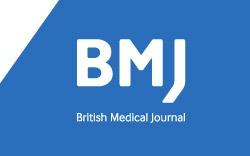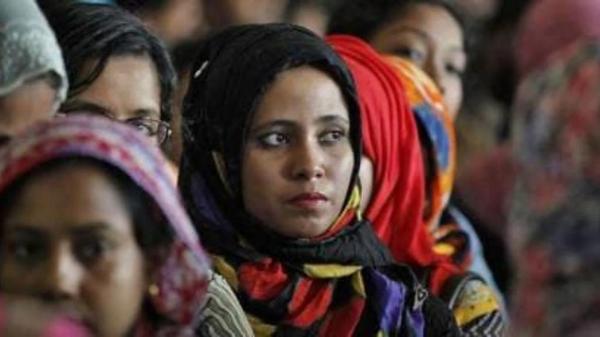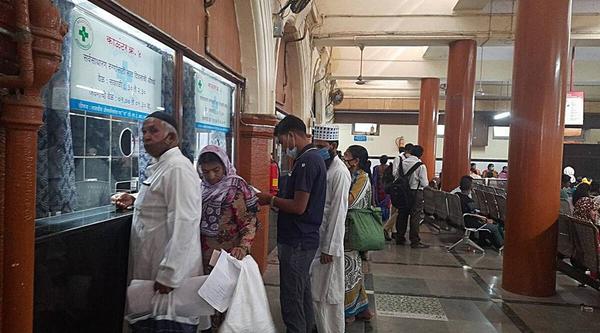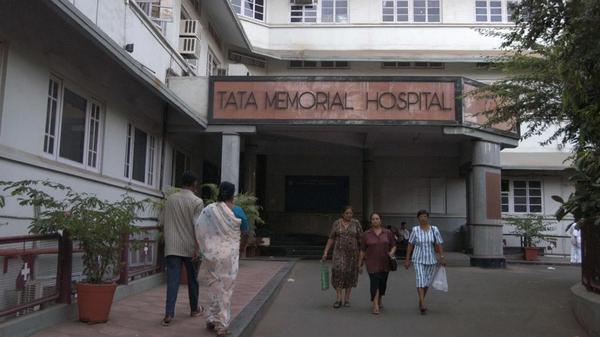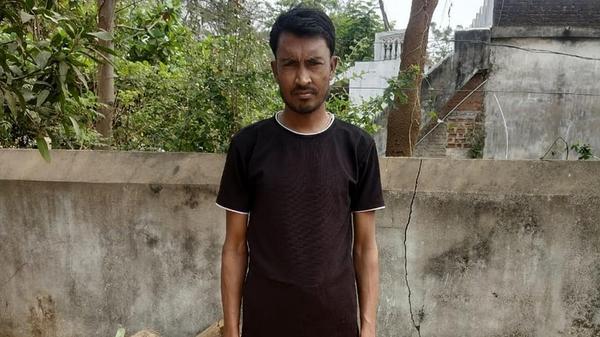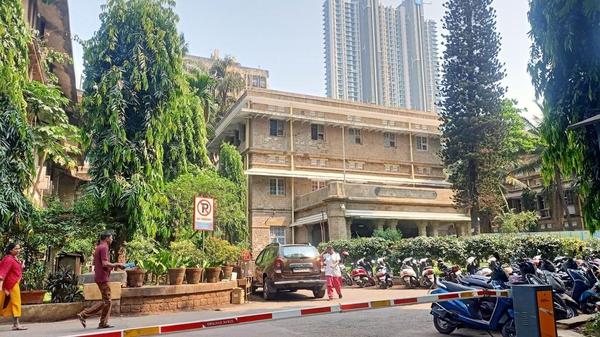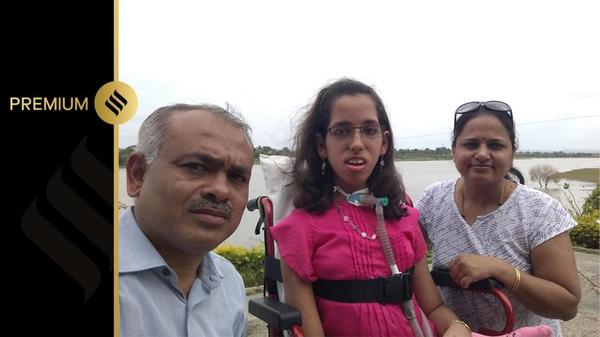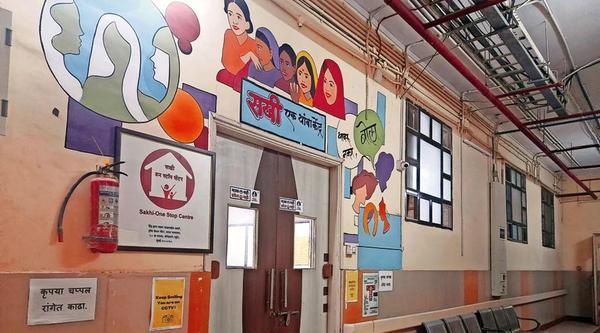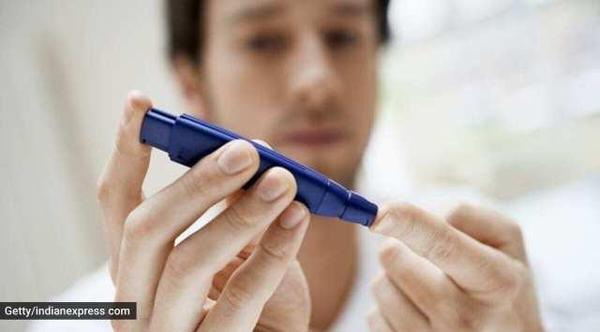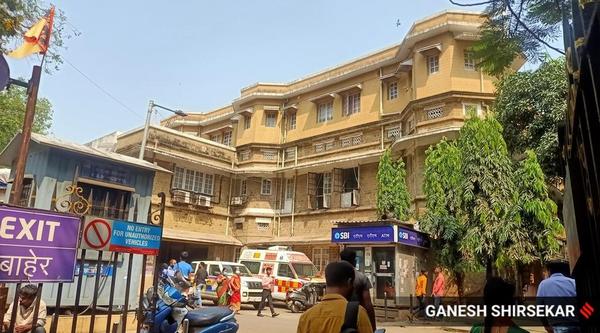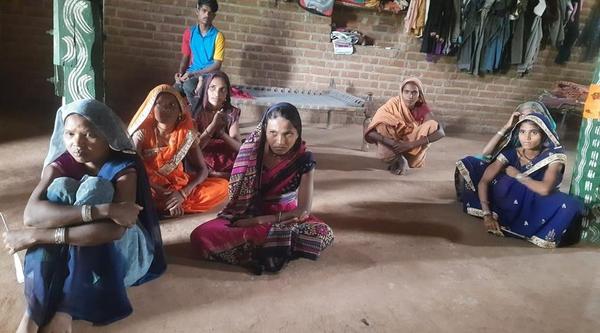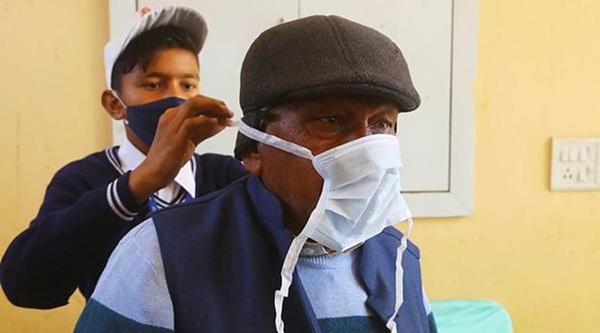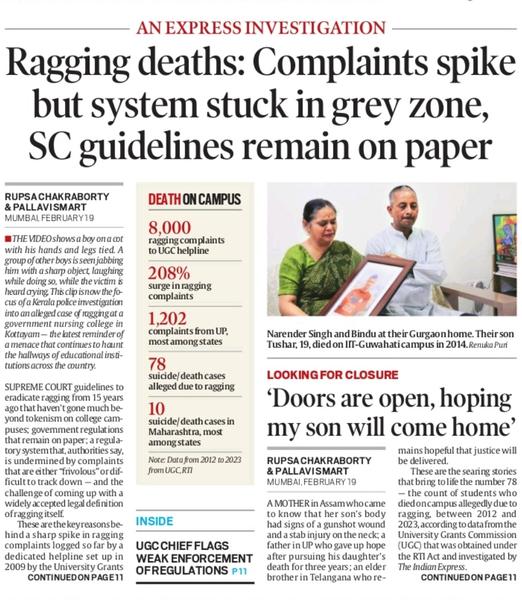
Relatives of students who died ‘due to ragging’ look for closure: ‘Doors are open, hoping my son will come home’
A mother in Assam who came to know that her son’s body had signs of a gunshot wound and a stab injury on the neck; a father in UP who gave up hope after pursuing his daughter’s death for three years; an elder brother in Telangana who remains hopeful that justice will be delivered.These are the searing stories that bring to life the number 78 — the count of students who died on campus allegedly due to ragging, between 2012 and 2023, according to data from the University Grants Commission (UGC) th...


